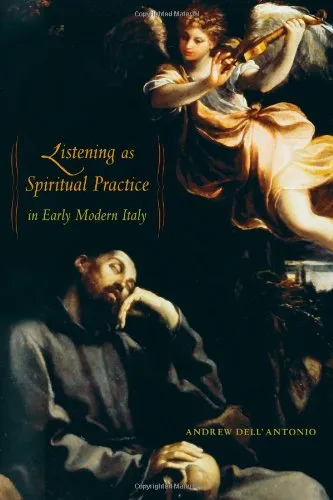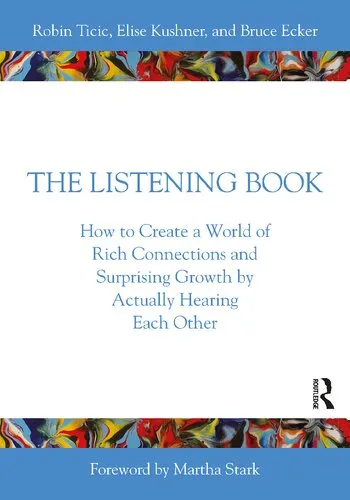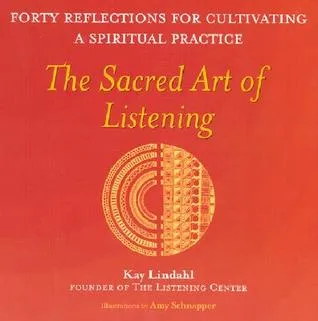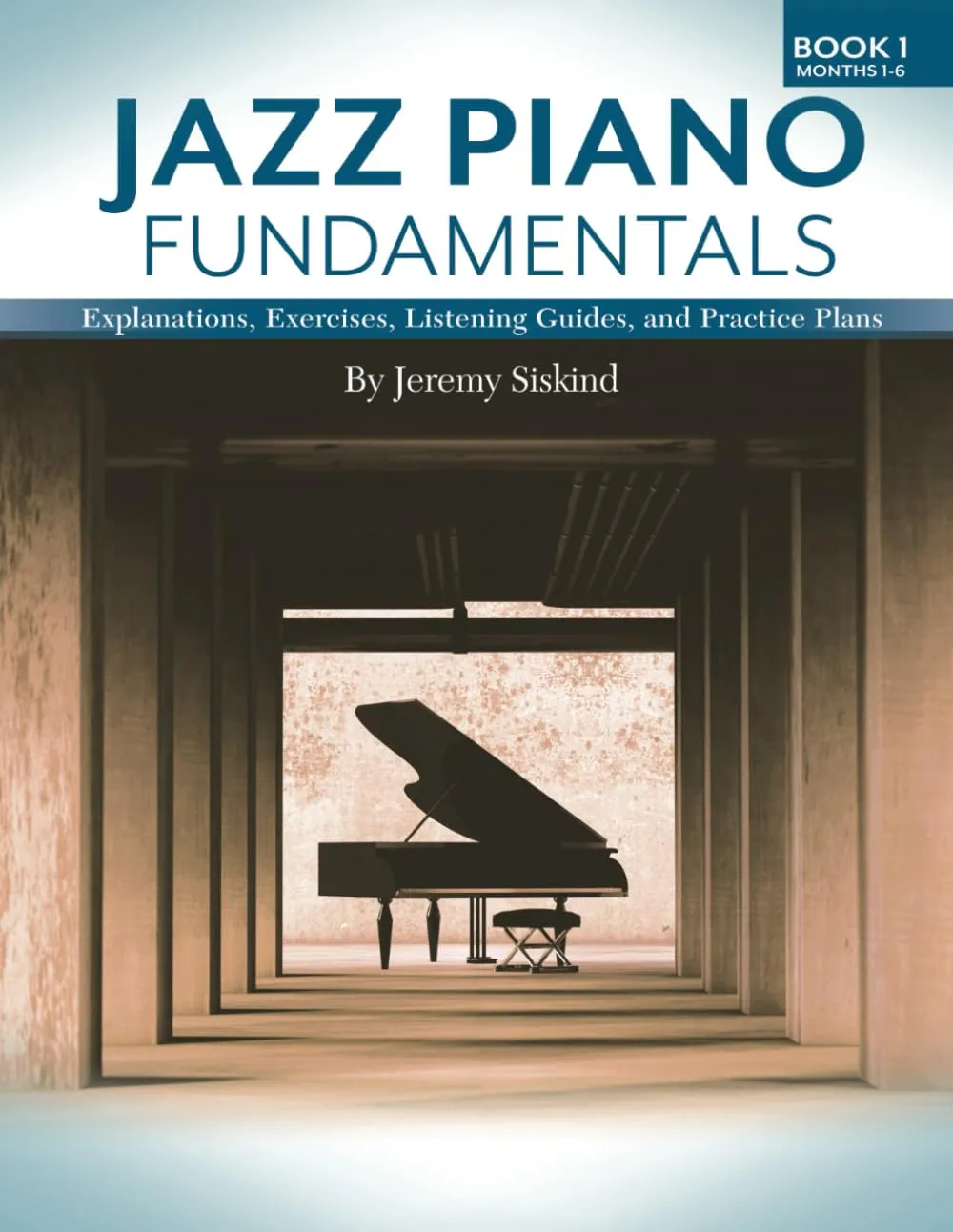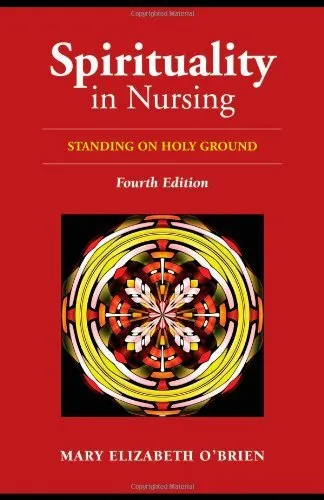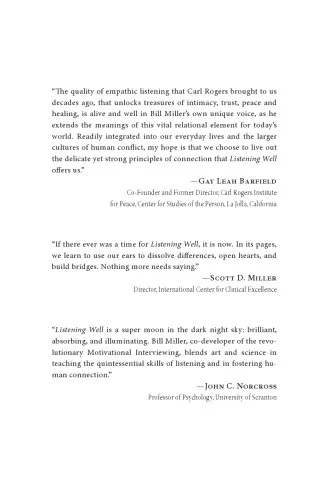Listening as Spiritual Practice in Early Modern Italy
4.5
Reviews from our users

You Can Ask your questions from this book's AI after Login
Each download or ask from book AI costs 2 points. To earn more free points, please visit the Points Guide Page and complete some valuable actions.Related Refrences:
Introduction to 'Listening as Spiritual Practice in Early Modern Italy'
In *Listening as Spiritual Practice in Early Modern Italy*, I explore the transformative role of listening in the cultivation of spiritual devotion and communal identity during the early modern period. This book dives deep into the intersection of music, theology, and cultural practice, uncovering how auditory experiences shaped the religious lives of individuals and communities in Italy from the late 16th to early 18th centuries. With a multidisciplinary approach, the work analyzes how the act of listening was consciously employed as a medium to achieve spiritual enlightenment and emotional transcendence in a society deeply attuned to ritual and liturgical performance.
Music and sound, as I argue, were not merely aesthetic or recreational experiences in this period; they were critical tools for devotion, self-reflection, and even social control. The intricate connections between sound and spirituality in early modern Italy reveal that listening could serve as an intentional practice, elevating the listener from the mundane to the divine. By placing listening practices at the heart of historical inquiry, this book offers a unique perspective on how sound shaped the human experience in religious and cultural contexts.
Detailed Summary of the Book
The book is structured around an exploration of key spaces and practices that made listening a central element of spirituality in early modern Italian culture. Beginning with a contextual overview of religious reforms and their emphasis on sensory engagement, the narrative examines how music and sound were carefully curated to evoke a heightened state of devotion and contemplative focus.
One major theme is how the Catholic Church employed polyphonic music and liturgical chant to reinforce its authority and inspire devotion among the faithful. By analyzing specific compositions and their performance contexts, I illustrate how these sounds served as conduits for ecclesiastical power and communal identity. From monastic environments where chant became a pathway to meditative prayer, to lavish cathedral concerts aimed at attracting both elites and common folk, listening played a binding role across different strata of society.
Key case studies include Jesuit practices of auditory meditation, where missionaries used verbal descriptions and sound to guide individuals into spiritual ecstasy, and the rising phenomenon of secular composers integrating sacred motifs into concerts. Together, these examples demonstrate that listening encompassed both a private, introspective act and a public, collective experience.
Key Takeaways
- Listening was regarded as an active, intentional practice that facilitated spiritual growth, rather than a passive reception of sound.
- The Catholic Church’s emphasis on the integration of sensory experiences into worship reflected broader cultural values of the early modern period.
- Music served not just as a tool for spiritual upliftment but also as a form of social organization and reinforcement of religious doctrine.
- The auditory realm in early modern Italy was a deeply theological space, where sound became the bridge between human and divine.
Famous Quotes from the Book
"Listening, in its most sacred form, blurs the line between the earthly and the divine, offering a path toward transformation and spiritual awakening."
"In early modern Italy, sound was not merely heard; it was absorbed into the soul, shaping both individual identity and communal purpose."
Why This Book Matters
This book contributes to a growing body of research that situates sensory experiences at the heart of historical studies. By focusing on the auditory dimension of spirituality, it opens new pathways for understanding notions of devotion, ritual, and cultural dynamics in early modern Europe. The insights offered in *Listening as Spiritual Practice in Early Modern Italy* will appeal to scholars of musicology, theology, and cultural history, as well as anyone interested in the ways sound shapes human experience.
The significance of this work extends beyond its scholarly contributions. At its core, the book invites readers to reflect on their own listening practices and consider how sound may play a role in their spiritual and emotional well-being—a timeless lesson rooted in centuries of tradition.
Free Direct Download
You Can Download this book after Login
Accessing books through legal platforms and public libraries not only supports the rights of authors and publishers but also contributes to the sustainability of reading culture. Before downloading, please take a moment to consider these options.
Find this book on other platforms:
WorldCat helps you find books in libraries worldwide.
See ratings, reviews, and discussions on Goodreads.
Find and buy rare or used books on AbeBooks.
1266
بازدید4.5
امتیاز0
نظر98%
رضایتReviews:
4.5
Based on 0 users review
Questions & Answers
Ask questions about this book or help others by answering
No questions yet. Be the first to ask!
